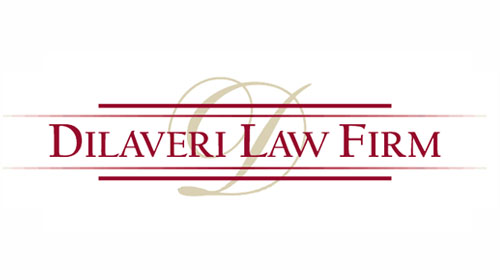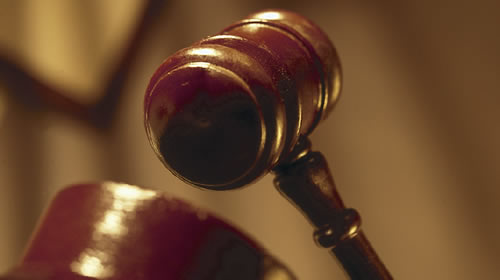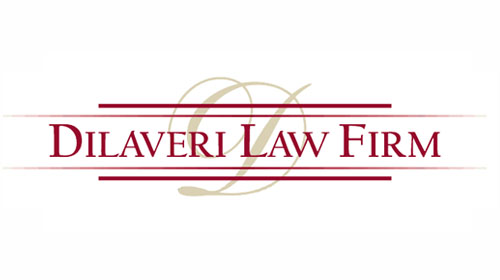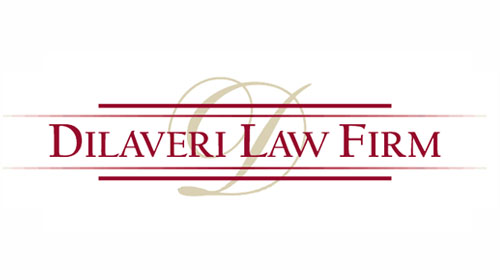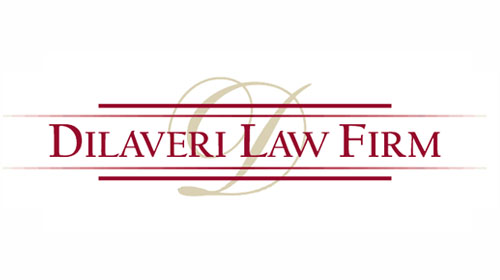Rochester Minnesota
DUI & Implied Consent Attorney
How Can We Help You
Rochester Minnesota Vehicle Forfeiture Lawyer
Vehicle Forfeiture Attorney Minnesota
Vehicle Forfeiture is the last of three administrative sanctions that may stem from a DUI arrest or conviction. In order for this sanction to apply, there must be a driving while intoxicated incident plus two additional aggravating factors. Any of the following qualifies as an aggravating factor:
- a qualified prior impaired driving violation occurring within ten years of the current violation;
- an alcohol concentration of .20 or more;
- the presence of a child under the age of 16 in the vehicle;
- refusal to test;
- incident occurring while the person's license is cancelled as inimical to public safety.
So, while under “normal” circumstances the vehicle forfeiture proceedings begin on a third DUI, it is certainly possible that a vehicle can be forfeited on a second or even on a first offense if the driver’s blood alcohol content is over .20 or he/she refuses the test and there is a child in the vehicle. If you have questions about vehicle forfeiture in Minnesota, please contact our Rochester Minnesota DUI attorney, to see how we can help.
Vehicle Forfeiture Process
The law allows the arresting officer to seize the vehicle upon arrest for suspicion of DUI. The law also requires the prosecuting authority to serve notice to the owners of the vehicle of the State’s intent to forfeit. The forfeiture is then conducted administratively unless within the timeline designated by the law (30 days) the owner challenges the forfeiture action by filing for a judicial determination of the forfeiture.
A vehicle is subject to forfeiture under the law if:
- it was used in the commission of a designated offense and the driver was convicted of that offense or failed to appear at trial; or
- it was used in conduct resulting in a designated license revocation and the driver either fails to seek administrative or judicial review of the revocation in a timely manner or the revocation is sustained upon review.
Defenses to Vehicle Forfeiture
There are several defenses to vehicle forfeiture, including challenging whether the driver actually committed one of the designated offenses. A common defense is that of “the innocent owner.” As protection for an owner who is not the offender ("innocent owner"), a vehicle is not subject to forfeiture if its owner can demonstrate by clear and convincing evidence that the owner did not have actual or constructive knowledge that the vehicle would be used or operated in any manner contrary to the law or that the owner took reasonable steps to prevent use of the vehicle by the offender. Additionally, vehicles owned by the offender but not involved in the impaired driving incident are not subject to forfeiture.
Consequences of the Forfeiture
Failure to successfully challenge the forfeiture will result in the arresting agency keeping the vehicle and potentially using it as a deterrent against drunk drivers, or, as happens in most cases, selling it. If there is a loan on the vehicle, the security interest or lease of the financial institution is protected, and the lien holder may choose to sell the vehicle at its own foreclosure sale or agree to a sale by the arresting agency. A proportionate share of the proceeds, after deduction of certain expenses, goes to the financial institution. However, the owner will remain responsible for any shortages to the lien-holding institution.Contact Us Today For A Free Consultation
If you have additional questions about the vehicle forfeiture in Minnesota, please contact us. We always offer free initial consultations to our clients. Call 507.206.6020 or complete our free case evaluation form.
